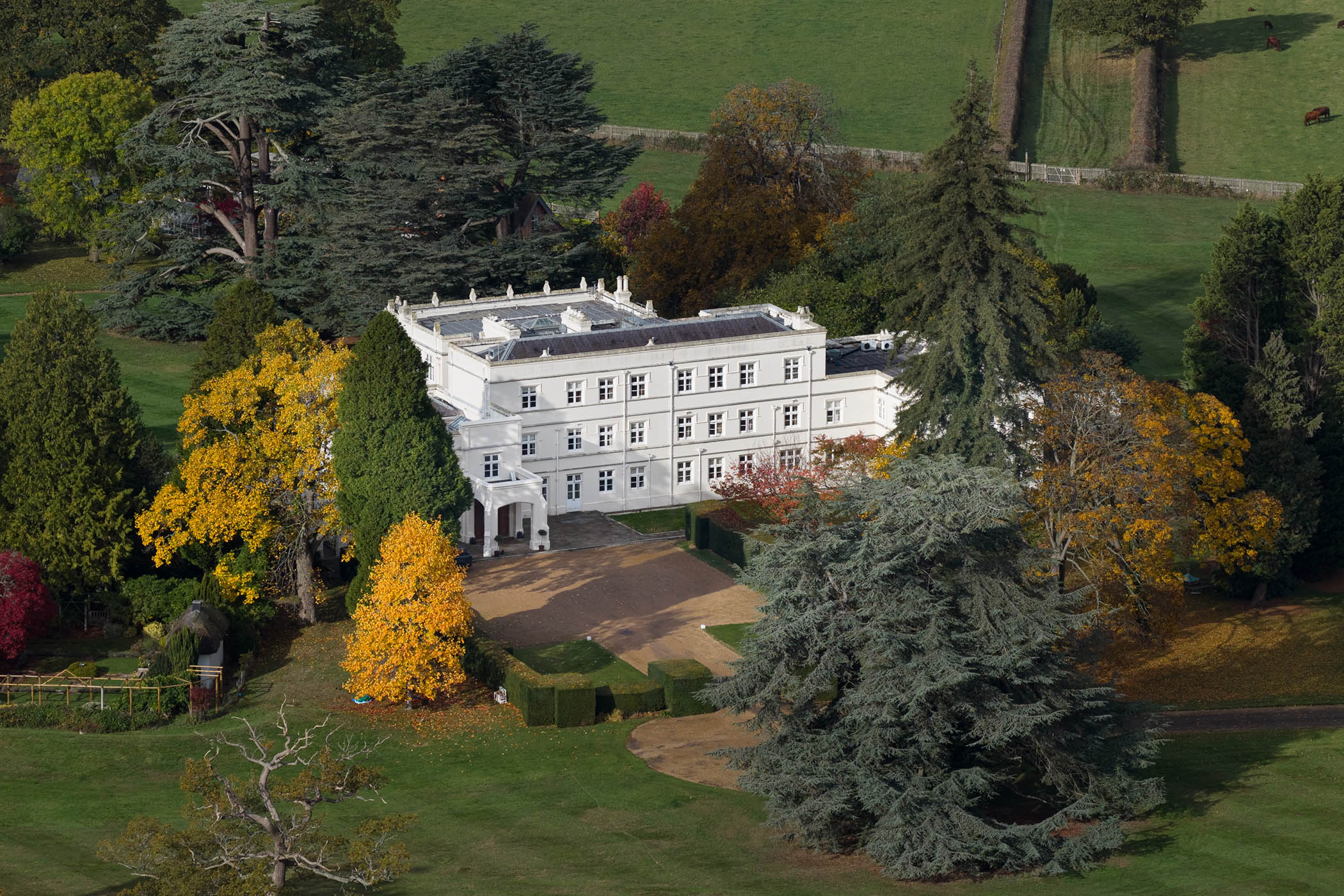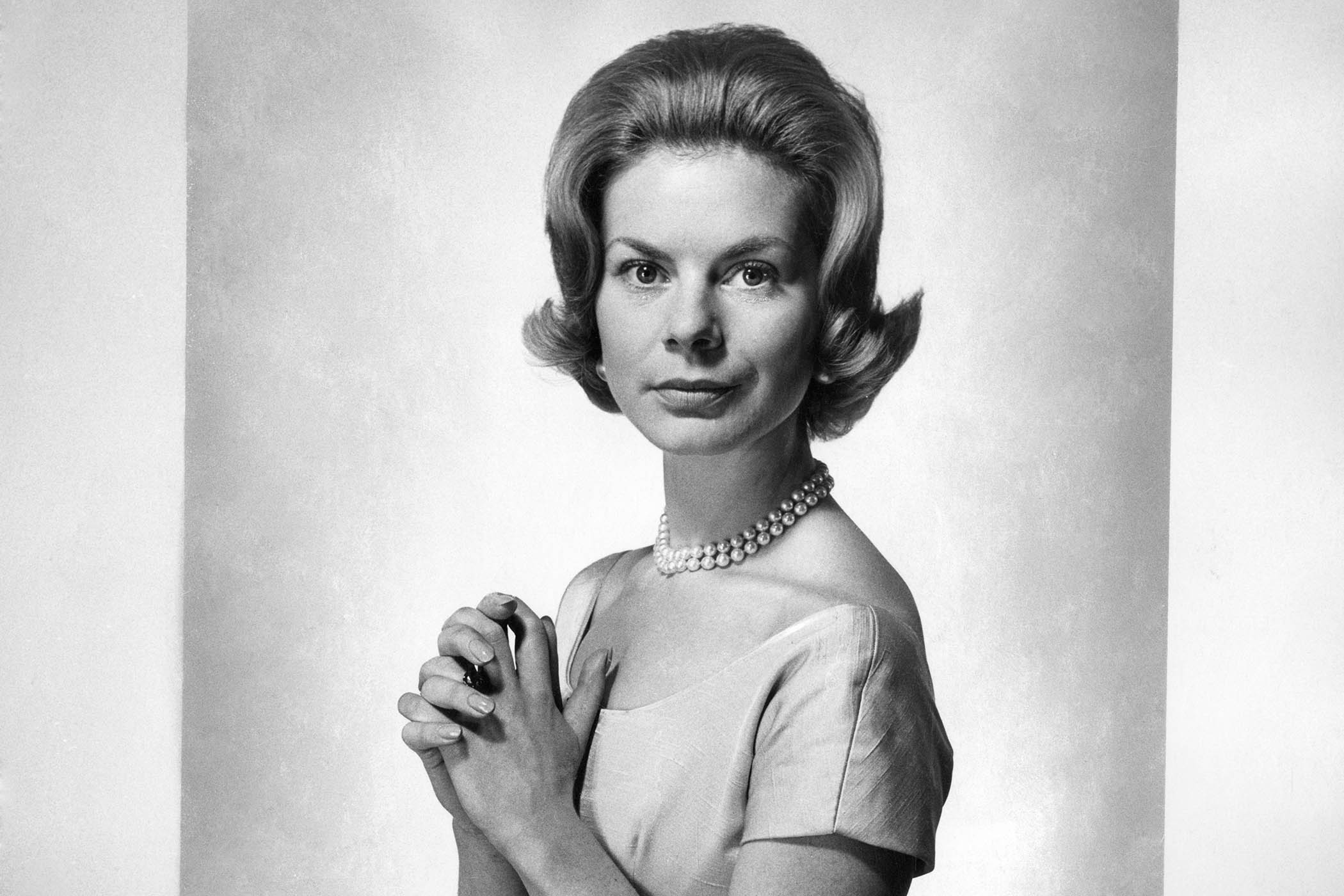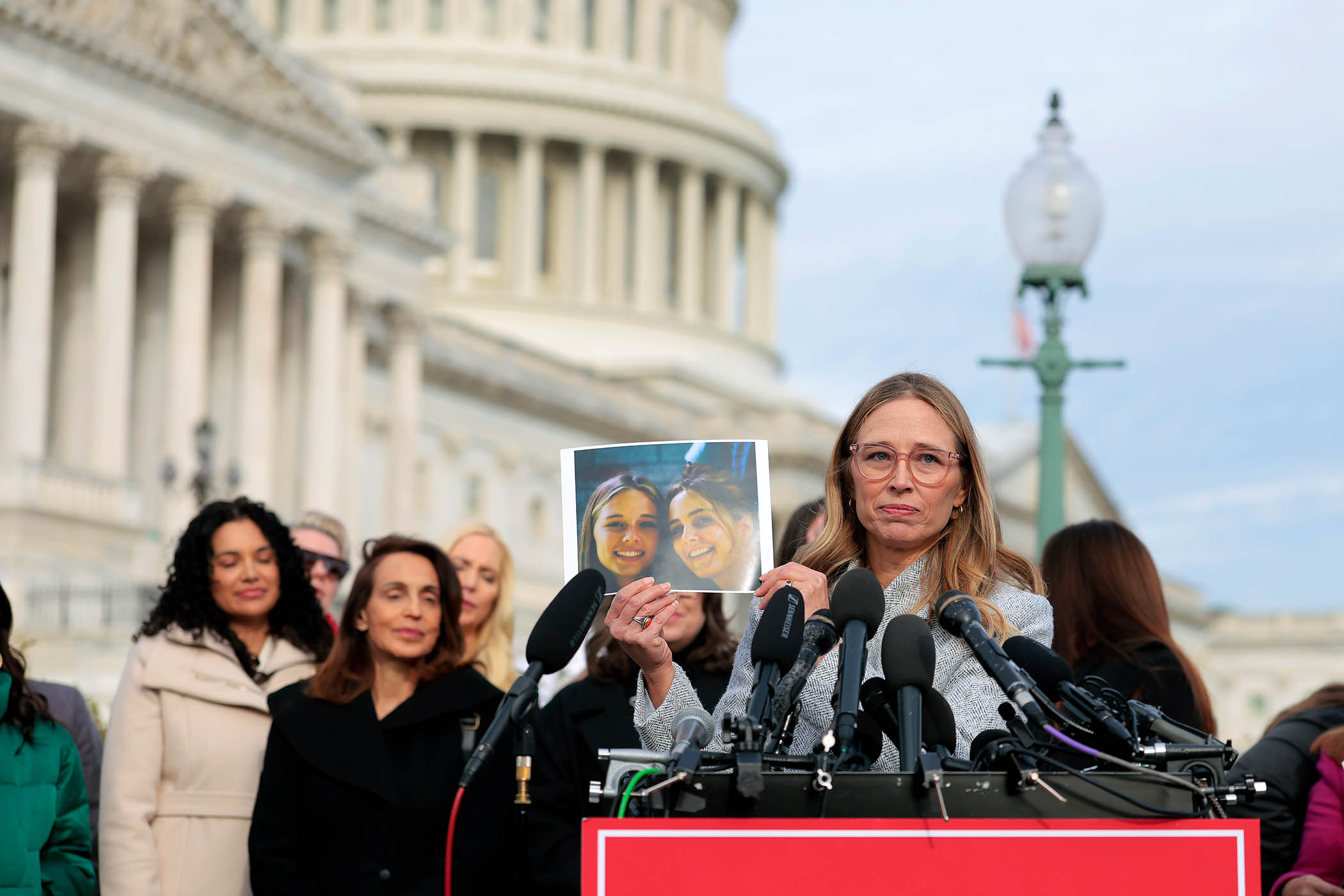King Charles is expected to push ahead with talks this week aimed at persuading Prince Andrew to quit his Royal Lodge home.
The negotiations come amid growing calls in Westminster for closer scrutiny of royal finances after the disclosure that Andrew has lived rent-free for 22 years in the 30-room Grade II-listed mansion in Windsor Great Park. Andrew paid £1m upfront in 2003 and spent at least a further £7.5m on refurbishing the £30m property to secure a 75-year lease with the crown estate and is now liable for a payment of “one peppercorn” a year, if asked, until 2078.
His running costs are estimated to be about £600,000 a year but he appears to have no visible means of support. He is thought to have business interests in the Middle East and has run into controversy over efforts to set up deals in China with an alleged spy, and with shady individuals elsewhere, but nobody has been able to say definitively how he affords his lifestyle.
Andrew is one of a number of royals occupying crown estate properties on long leases, and it is not clear if they too are paying peppercorn rents.
These include the Duke and Duchess of Edinburgh, Edward and Sophie, who live in 120-room Bagshot Park in Surrey, the late queen’s cousin Princess Alexandra, who has lived since 1963 in Thatched House Lodge in Richmond Park, west London, her daughter, Marina Ogilvy, who occupies a cottage at Windsor;and the Prince and Princess of Wales, William and Catherine, who are about to move into the eight-bedroom Forest Lodge in Windsor Great Park.
The crown estate refuses to discuss the details. “We cannot comment on the leases, I’m afraid,” a spokeswoman said. But she said the estate, which made £1.1bn profit last year on the back of an offshore windfarm boom, would cooperate with the public accounts committee.
“If called upon, we would work openly with the committee as an independent commercial business with a statutory obligation to manage land and property for the benefit of the nation and its finances,” the spokesperson said.
The sudden scrutiny comes at an awkward time for Prince William, whose imminent move to Forest Lodge has meant the closure of 60 hectares (150 acres) of parkland previously open to the public and the creation of a taxpayer-funded police security cordon restricting access for ramblers and dog-walkers. A tourist car park, a gate used by local residents, and two roads have also been closed, along with an environmental centre run by the Berkshire, Buckinghamshire and Oxfordshire Wildlife Trust and used by schoolchildren learning about nature.
Related articles:
Catherine, 43, has spent the past few years urging the British public and children in particular to get out into nature and take part in activities such as forest bathing to promote mental wellbeing. The crown estate said: “We are working closely with the Berkshire, Buckinghamshire and Oxfordshire Wildlife Trust to identify potential alternative sites.”
Andrew, who shares Royal Lodge with his ex-wife, Sarah Ferguson, will almost certainly want compensation to leave after spending several million on its maintenance. He will also want somewhere else affordable to live.
Newsletters
Choose the newsletters you want to receive
View more
For information about how The Observer protects your data, read our Privacy Policy
The eighth in line to the throne has the use of a grand house in Abu Dhabi offered by the ruling family there, according to his biographer Andrew Lownie, but friends think his devotion to his two daughters, Beatrice and Eugenie, and their husbands and children, will mean he will want to stay in Britain.
There are plenty of options. Charles oversees 360 properties on the taxpayer-funded occupied royal palaces estate, which includes Buckingham Palace, Kensington Palace, St James’s Palace, Clarence House and Windsor Castle and many other apartments and houses in their grounds. There are a similar number of properties on the monarch’s privately owned Sandringham estate in Norfolk, while Balmoral also has numerous properties on its 20,000 hectares in the Scottish Highlands.
However, Andrew may not be keen to move permanently to Norfolk or Scotland. Joe Little, a veteran royal commentator and managing editor of Majesty magazine, predicted the king and his advisers would try to find a house for the prince on his Windsor Castle estate or ask the crown estate to find another property for him on its neighbouring land at Windsor. “I think London is too public. He would be living in a goldfish bowl at Kensington Palace. I would think the royal household would want him to be as invisible as possible,” Little said. “It would also be helpful to be somewhere within a security perimeter so he has police protection.”As well as the Sandringham and Balmoral estates.
I think London is too public… I would think the royal household would want him to be as invisible as possible
I think London is too public… I would think the royal household would want him to be as invisible as possible
Joe Little, Majesty magazine
Revelations about the disgraced prince, who has been forced to stop using his Duke of York title and other honours amid public outrage over multiple scandals including his friendship with the late paedophile Jeffrey Epstein, have changed the attitude of many MPs towards scrutinising the royal family’s finances.
They have also prompted questions about whether the crown estate, an arm’s-length government property company tasked with maximising revenue for the Treasury and taxpayer, is part of a cosy system used to provide subsidised housing for royals, hiding the true cost of the monarchy. Since 2012, when David Cameron and George Osborne introduced the sovereign grant, benchmarking taxpayer funding of the monarchy to the equivalent of a percentage of the crown estate profits, successive governments have sought to take the heat out of “pay rise for the monarch” controversies and prevent Freedom of Information Act scrutiny of their activities.
Some royal insiders have privately suggested that MPs’ appetite for investigating the royals began to wane after their own expenses scandal in 2009 but Norman Baker, a Liberal Democrat former minister in Cameron’s coalition government, puts it down to personalities.
“When Margaret Hodge was chair of the Commons public accounts committee, she was very good at investigating the royal family but her successors have not proved to be so interested,” he said.
Labour peer Lady Hodge, who is still a vocal critic of the way that members of the royal family and their palace advisers avoid scrutiny, complained last week: “There’s no transparency.”
There is growing pressure from MPs for an inquiry into Andrew’s finances. Geoffrey Clifton-Brown, the current Conservative chair of the public accounts committee, parliament’s spending watchdog, has written to the crown estate seeking further information about Andrew’s lease arrangements but it is not clear yet if that will lead to a select committee inquiry.
This article was amended on 26 October 2025.


